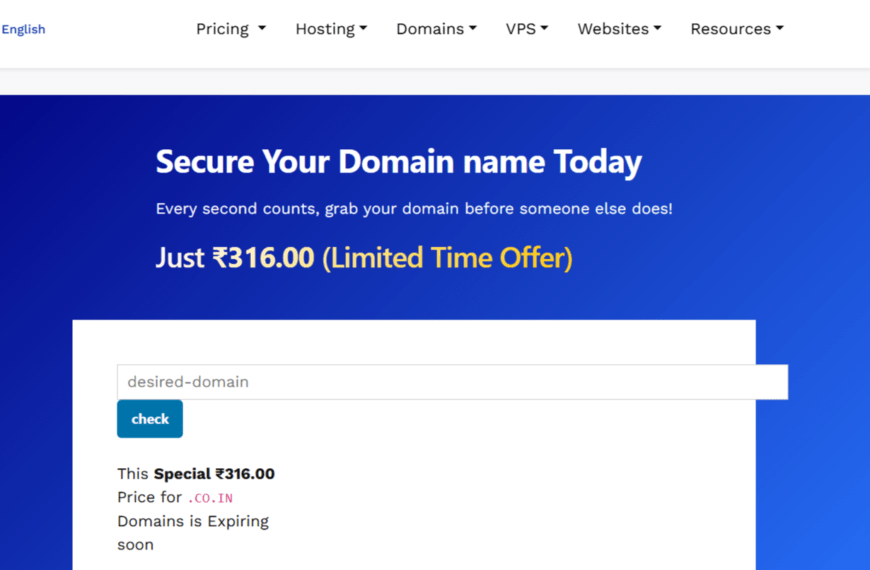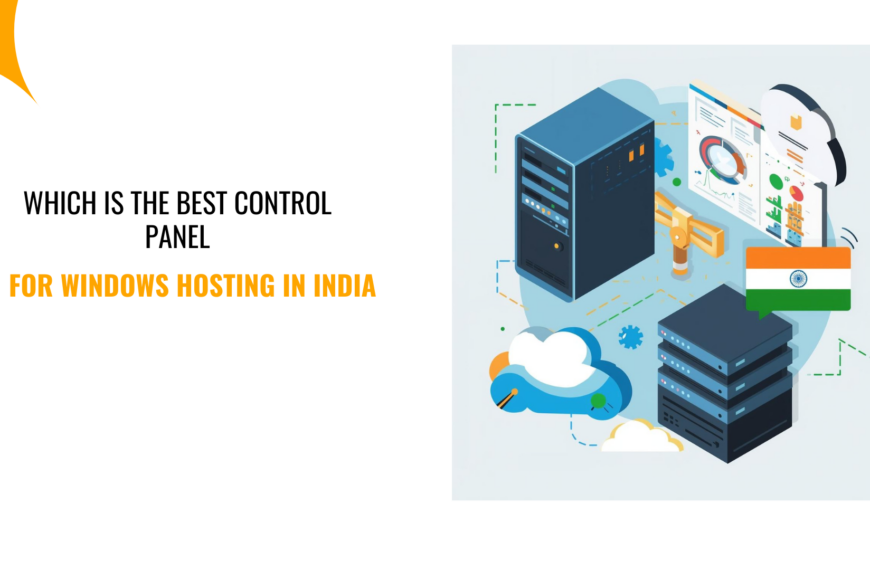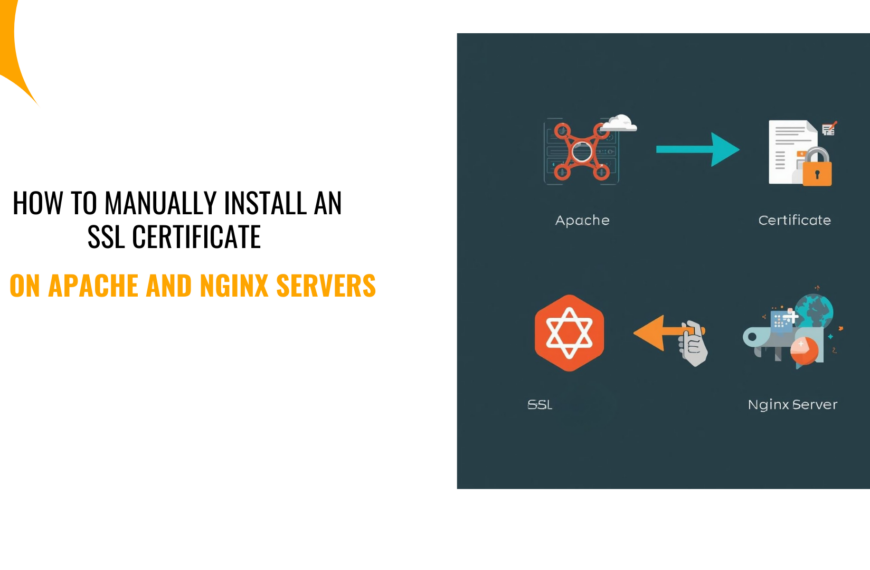Last updated on December 20th, 2023 at 06:49 am
An SSL (Secure Sockets Layer) certificate is a digital certificate that provides a secure and encrypted connection between a user’s web browser and a website’s server. The SSL certificate verifies the identity of the website, and ensures that the data transmitted between the user’s browser and the website is encrypted and protected from interception or tampering.
SSL certificates are used to establish HTTPS (Hypertext Transfer Protocol Secure) connections, which are a more secure alternative to HTTP connections. HTTPS connections are important for protecting sensitive information such as login credentials, financial information, and personal data.

To obtain an SSL certificate, a website owner must first generate a Certificate Signing Request (CSR), which is a file containing information about the website and its domain. The CSR is then submitted to a Certificate Authority (CA), which is a trusted third-party organization that issues SSL certificates. The CA verifies the website owner’s identity and domain ownership before issuing the SSL certificate.
There are several types of SSL certificates available, including domain validated (DV) certificates, organization validated (OV) certificates, and extended validation (EV) certificates. The level of validation and authentication required for each type of certificate varies, with EV certificates providing the highest level of validation and security.
Do we need ssl certificate for https?
Yes, SSL (Secure Sockets Layer) certificates are required for HTTPS (Hypertext Transfer Protocol Secure) connections in India, just as they are required in most other countries. This is because HTTPS connections provide a more secure and encrypted connection between a user’s web browser and a website’s server, which is important for protecting sensitive information such as login credentials, financial information, and personal data.
In fact, many countries, including India, have regulations and laws in place that require websites to use HTTPS connections and SSL certificates to ensure the security and privacy of user data. For example, the Reserve Bank of India (RBI) has issued guidelines requiring banks and other financial institutions to use SSL certificates and HTTPS connections to protect customer data during online transactions.
Therefore, if you are a website owner or operator in India, it is important to obtain and install an SSL certificate to ensure that your website is secure and compliant with regulations and laws regarding data privacy and security.
 Web HostingBudget-friendly shared hosting plans
Web HostingBudget-friendly shared hosting plans Domains SearchFrom .com to unique country domains, explore and register extensions worldwide.
Domains SearchFrom .com to unique country domains, explore and register extensions worldwide. WordPress HostingPower your blog or business with WordPress hosting.
WordPress HostingPower your blog or business with WordPress hosting. Email HostingSimple, secure email hosting that helps you stay connected and professional.
Email HostingSimple, secure email hosting that helps you stay connected and professional. Reseller HostingStart your own hosting business with easy and reliable reseller hosting plans.
Reseller HostingStart your own hosting business with easy and reliable reseller hosting plans. AffiliateJoin our affiliate program and earn commissions every time you bring in new customers.
AffiliateJoin our affiliate program and earn commissions every time you bring in new customers. cPanel HostingHosting powered by cPanel, the world’s most user-friendly control panel.
cPanel HostingHosting powered by cPanel, the world’s most user-friendly control panel. Windows HostingBuilt for Windows applications and websites
Windows HostingBuilt for Windows applications and websites IN Domain PricesDon’t miss out on the best domain deals in India!
IN Domain PricesDon’t miss out on the best domain deals in India! WHOIS LookupFind out who owns a domain name with a quick and easy WHOIS search.
WHOIS LookupFind out who owns a domain name with a quick and easy WHOIS search. Domain TransferTransfer your domain to us and enjoy reliable support every step of the way.
Domain TransferTransfer your domain to us and enjoy reliable support every step of the way. .Com DomainGet the most trusted domain for worldwide credibility
.Com DomainGet the most trusted domain for worldwide credibility All TldsSearch and register domain extensions worldwide.
All TldsSearch and register domain extensions worldwide. Managed VPS HostingNot a tech expert? Choose our fully managed VPS service.
Managed VPS HostingNot a tech expert? Choose our fully managed VPS service. Dedicated ServersTake full power and total control of your own physical server.
Dedicated ServersTake full power and total control of your own physical server.




